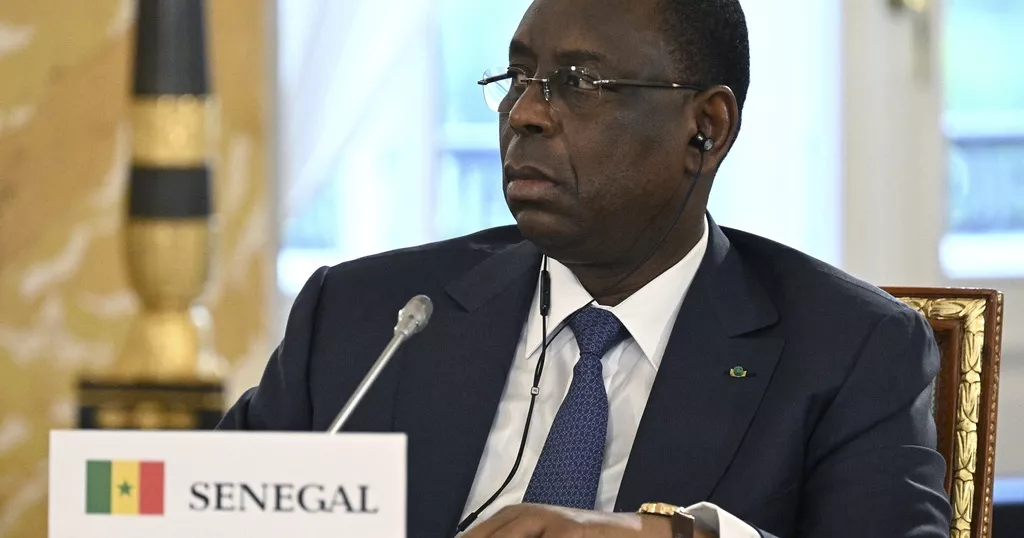Senegalese President Expresses Outrage Over Assault on Media Representative
Senegal’s President Macky Sall unequivocally denounced a vicious knife attack on Maimouna Ndour Faye, a prominent female journalist and director of a private television station, as political tensions escalate in the West African nation. The assault occurred in the early hours of Friday near Faye’s residence, where she was reportedly stabbed multiple times by an unidentified assailant, as revealed in a statement by the 7TV television channel, for which Faye hosts a political program.
Following the attack, Faye was promptly hospitalized, and the latest reports indicate that her condition is stable, providing some relief amid the alarming incident. However, the motive behind the assault remains unclear, with officials stating that it is uncertain whether the attack was politically motivated.
This disturbing event transpires against the backdrop of heightened political tension in Senegal, stemming from the recent postponement of the presidential election originally scheduled for February 25. The delay has added an air of uncertainty and unease to the political landscape, leaving room for speculation about potential connections between the attack on Faye and the broader political climate.
Senegal’s condemnation of the assault has been resounding, with prominent figures, including the Prime Minister and candidates in the presidential race, expressing their outrage. President Macky Sall, in particular, condemned the attack in strong terms, emphasizing the significance of safeguarding freedom of the press as a fundamental right that must be protected and respected under all circumstances. His post on the matter underscores the severity of the incident and the commitment to upholding journalistic freedom in Senegal.
This unfortunate occurrence also draws attention to a broader trend of escalating threats against media professionals in Senegal. In the lead-up to the parliamentary elections in 2022, there was a noticeable surge in arrests and violence against journalists, reflecting a concerning pattern of intimidation and aggression. Reporters Without Borders, a watchdog organization, highlighted an increase in both verbal and physical threats against media personnel during this period, raising concerns about the state of press freedom in the country.
As Senegal grapples with the aftermath of this violent attack on Maimouna Ndour Faye, the incident serves as a stark reminder of the importance of protecting journalists and maintaining a free and open media environment, particularly during times of heightened political sensitivity.



















